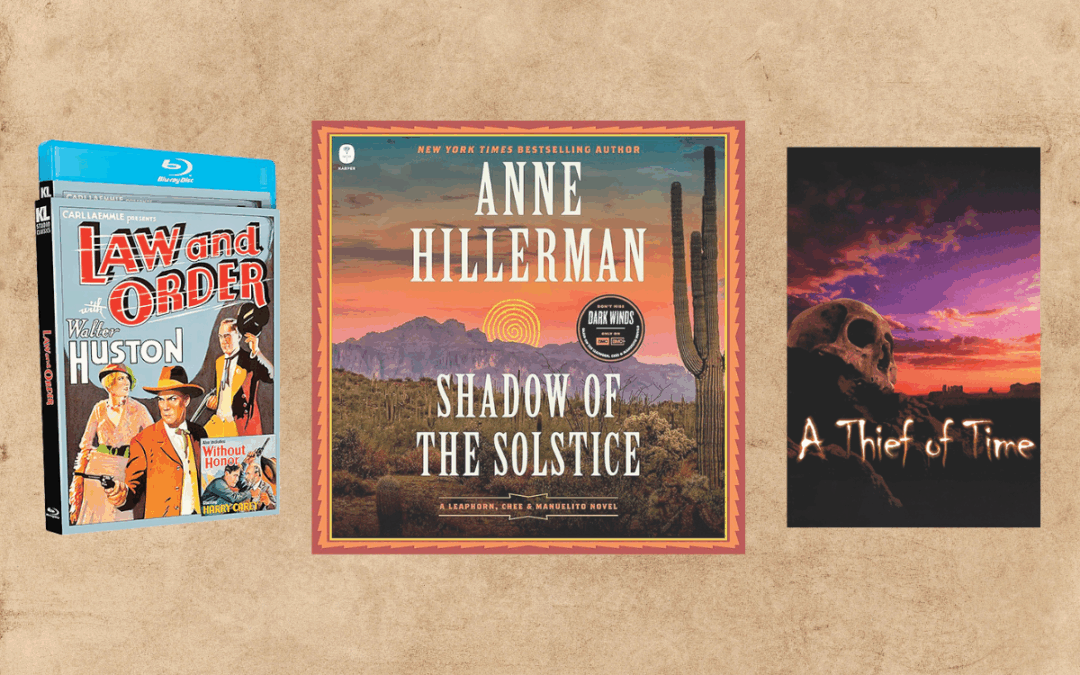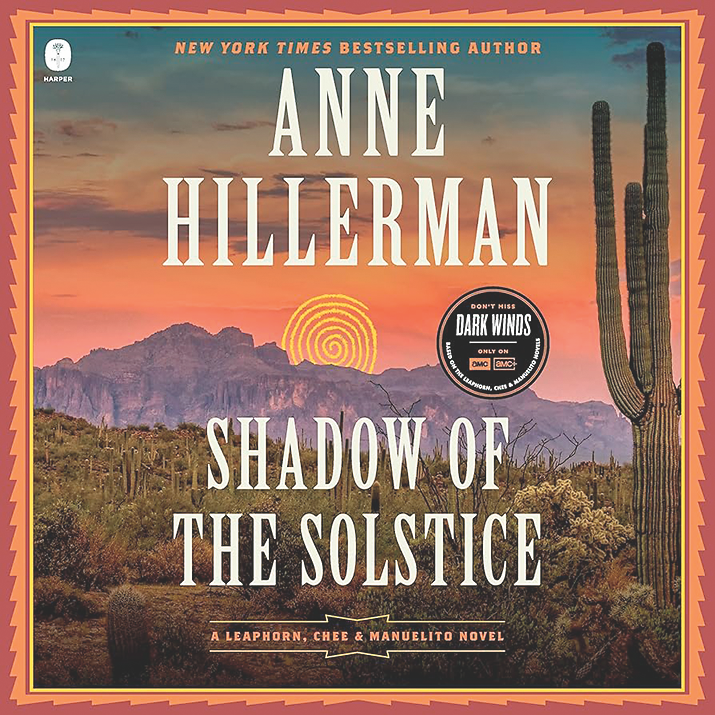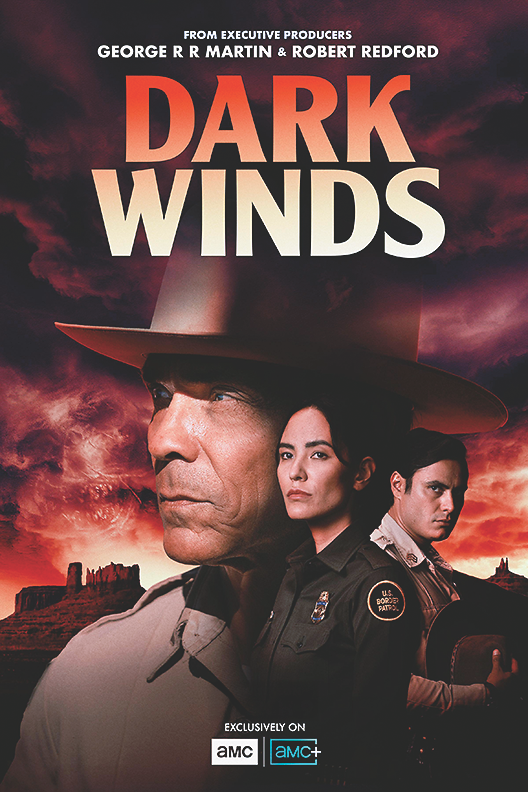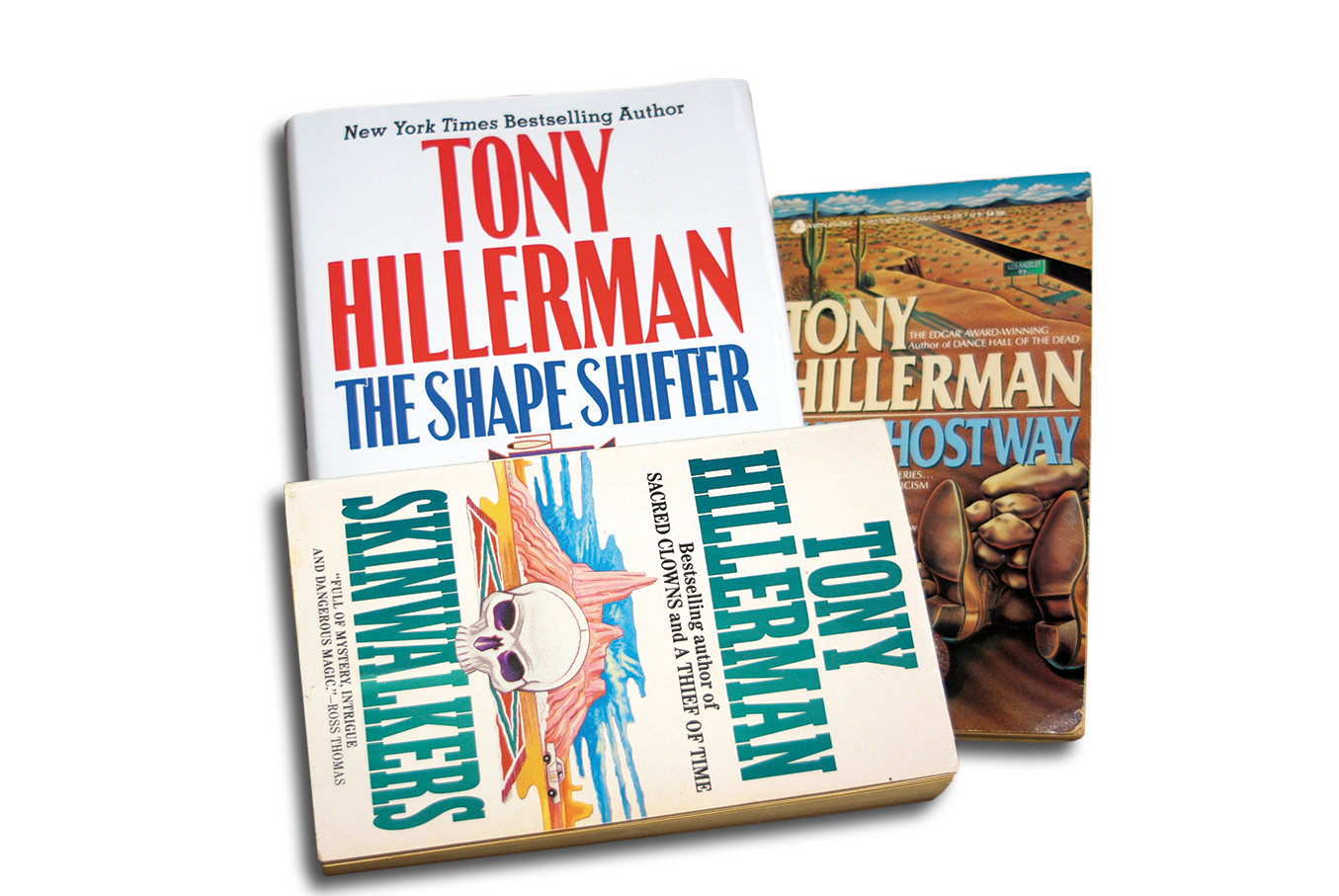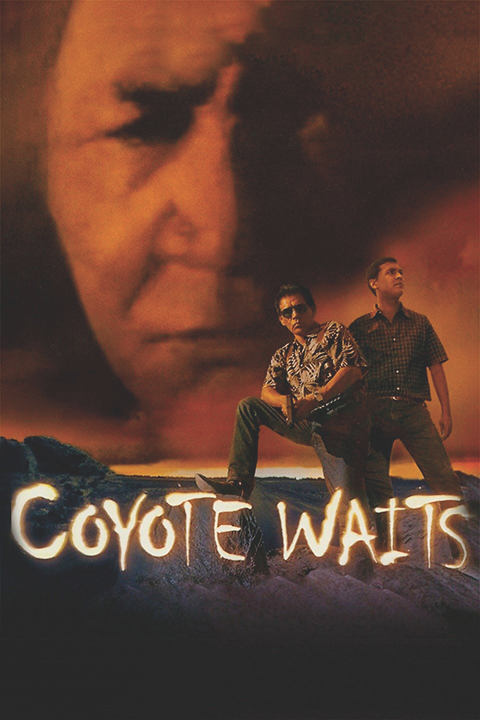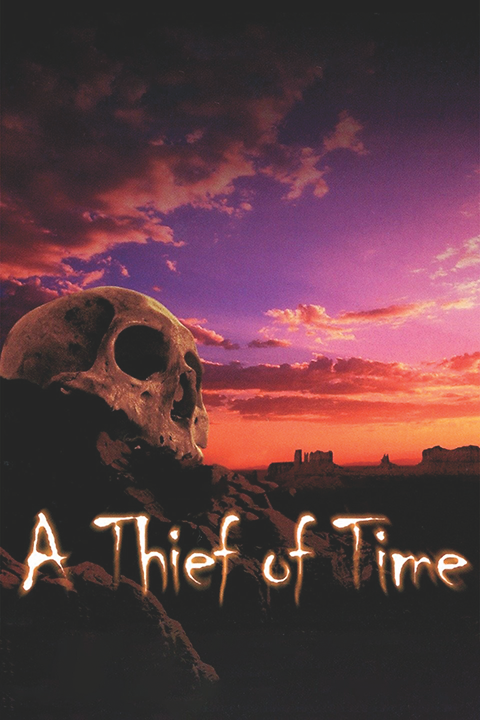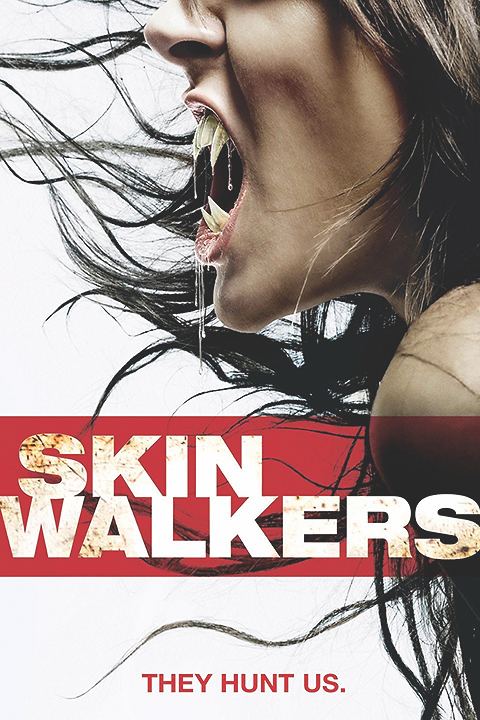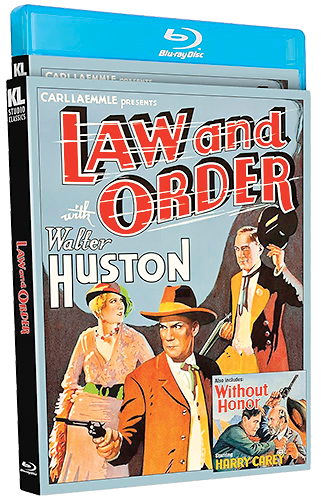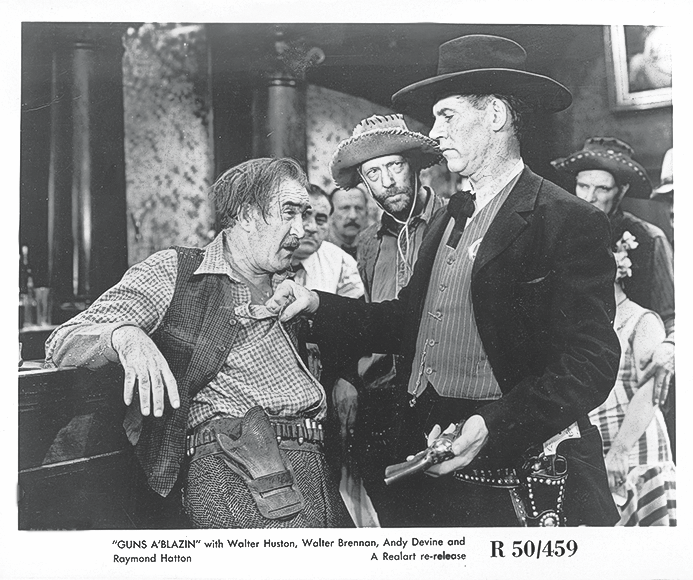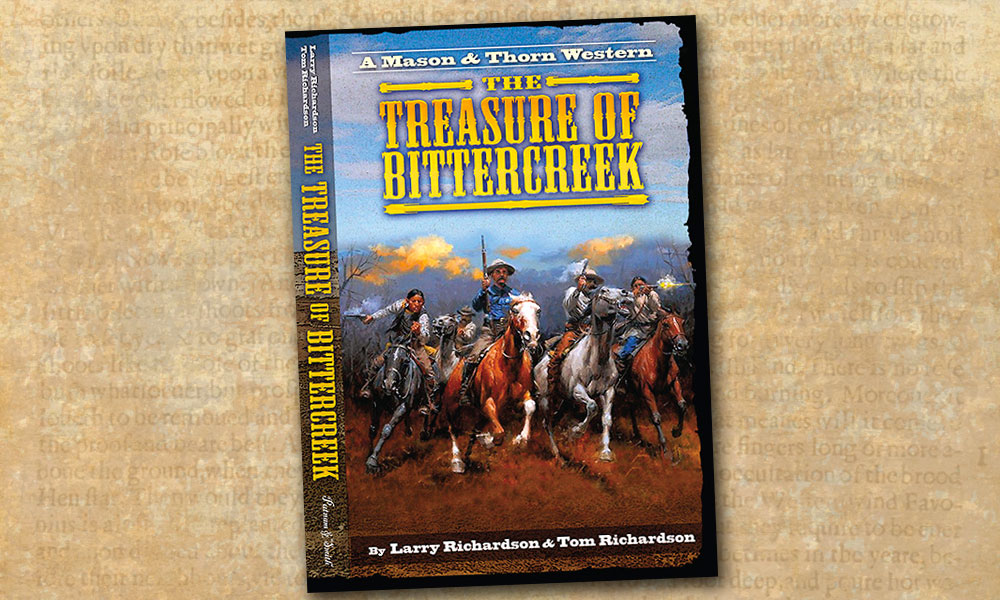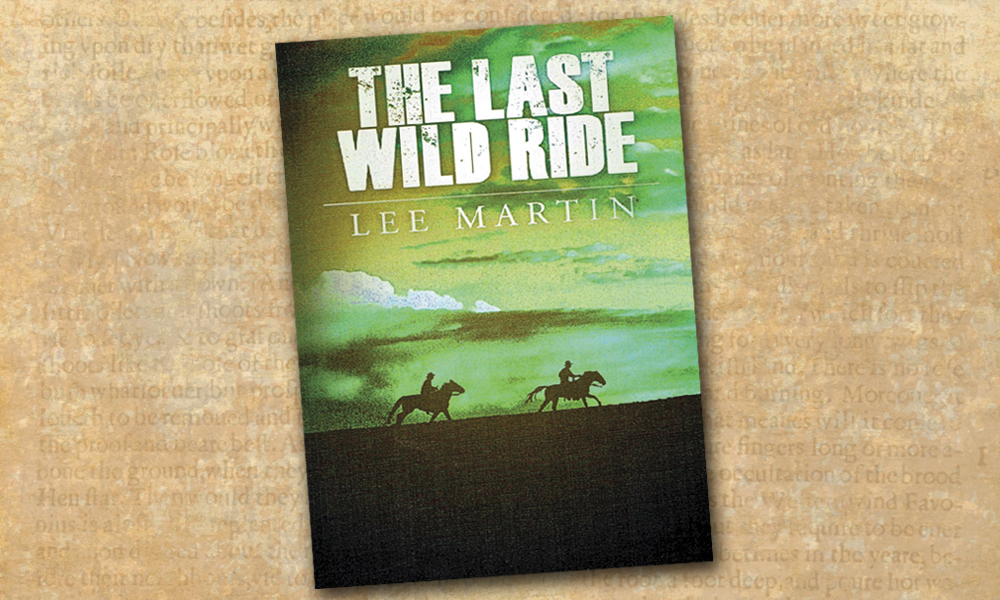DVD & TV Series
Anne Hillerman
The author discusses her father’s legacy, her 10th Leaphorn, Chee & Manuelito novel,
and how Dark Winds blow no ill.
I wondered if Anne Hillerman chose to talk after 3 p.m. because she writes until 3. “That’s right,” she laughed. “Sometimes I don’t make it that far, but I try to stay focused that long.” Her 10th mystery, Shadow of the Solstice, has just been published, and she’s at work on #11. Her father, Tony Hillerman, who not only wrote 18 Leaphorn & Chee stories, but with them created the popular Res mystery genre, would have turned 100 last March. “The Friends of the Oklahoma Public Libraries named Dad a literary treasure. They did a ceremony in Potawatomi County, where he grew up. The head of the library was there, the state senator, the mayor of Shawnee, and maybe a hundred readers who admired my dad’s work, and some long-lost relatives. It was really lovely.”
The series Dark Winds,
based on several of Tony’s books, will soon begin its fourth season. In the Season 3 opener, if you look quick, you might spot Robert Redford playing chess in a jail cell. Redford and Tony go way back. “Redford lives in New Mexico. He called my dad and said, ‘I’d like to talk to you about doing something with your work.’ Dad said, ‘Great.’ Redford said, ‘I’m gonna be in Albuquerque on Tuesday night.’ Dad said, ‘Sorry, that’s my poker night.’ Dad was not much of a movie-watcher. He signed a contract that led to the three movies Redford made with Boston Public Television. He was concerned that the first one, Coyote Waits was filmed in Arizona. He got them to move; Thief of Time and Skin Walkers were filmed in New Mexico, and Dad liked them better.”
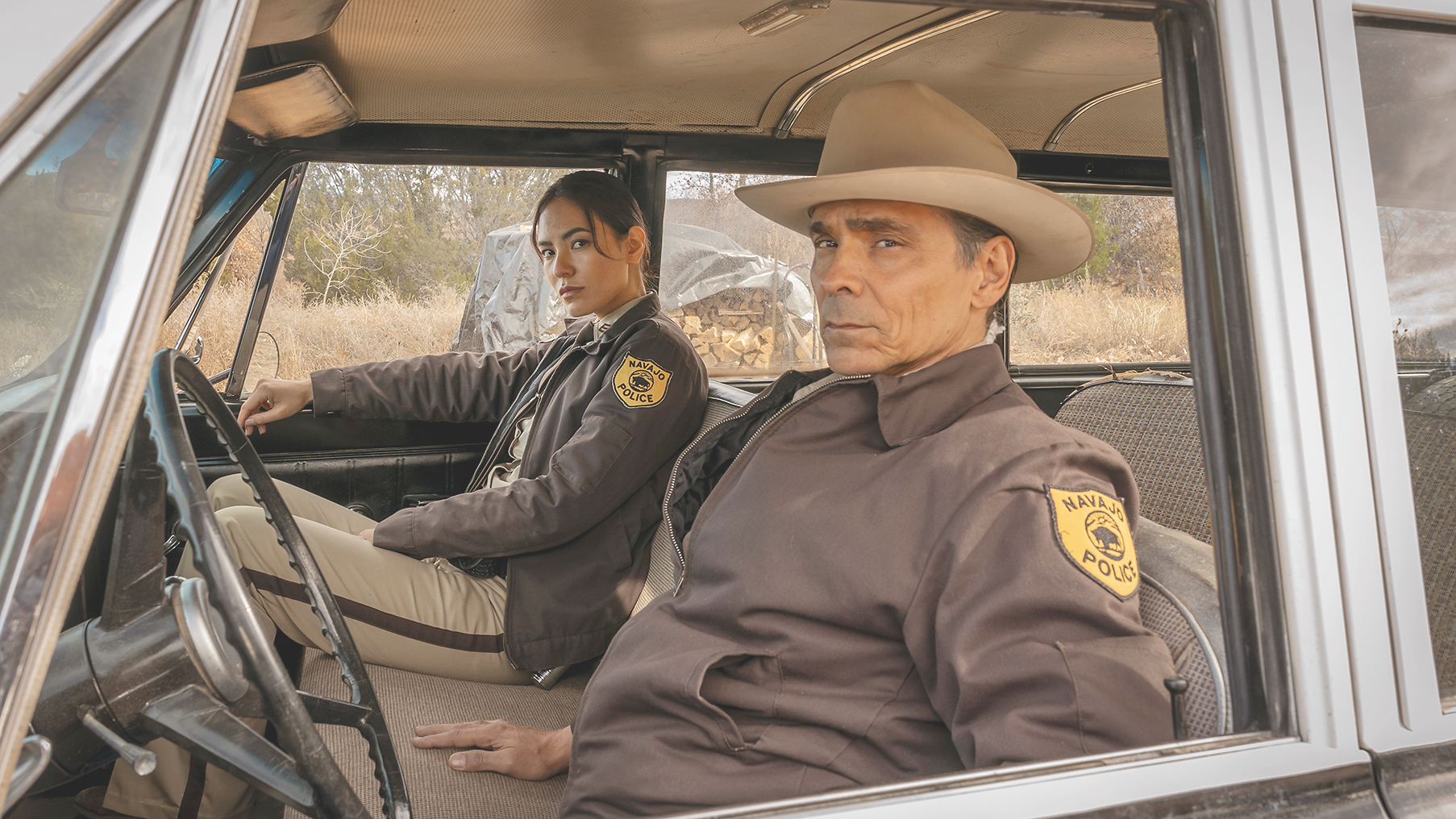
Anne is an executive producer on Dark Winds, but “the only thing I really produced was a signature on the contract as trustee of the Tony Hillerman Literary Estate. Dad signed with Redford many years ago. Redford paired up with George R. R. Martin, who’d known Dad from his early years in Albuquerque. As I had continued the [book] series, they also needed to get me to agree. So they optioned the first four of my books as part of the contract.”
Without getting specific, Dark Winds has Joe Leaphorn do some things that Tony Hillerman never would. “It was a little darker than Dad’s stories. But I think it works fine in television. And I love the way they gave Bernadette Manuelito a lot more gumption than Dad gave her.” Bernie became a key to Anne’s writing approach. “When I decided to take on the series, I needed a way that I could not pretend to be Tony Hillerman. I had always liked Bernadette Manuelito, and I thought, if I transform her from being the sweet girlfriend into an honest-to-goodness crime-solving police woman, that would give the series a different twist, still keeping Chee and Leaphorn in the mix.”
She’s pleased that Dark Winds remains in the 1970s rather than being modernized. “Because they don’t have to deal with a lot of technology that takes the focus away from one of the brilliant things of my dad’s writing, how Jim Chee and Joe Leaphorn could solve a crime, mostly by what they knew about Navajo culture and the way the human psyche operates.’
With her newest mystery, Shadow of the Solstice, she notes, “I’m still an avid reader of local newspapers, and there were two stories that caught my attention. First was the reopening of a uranium mine on the south side of the Grand Canyon, and how ore was going to be transported through the Navajo Nation. Many Navajo were concerned, outraged about that. And that called to mind the whole history of uranium mining on the Navajo Nation in the 1940s. It was really a source of pride, and the jobs that it created. Then the other side of that; the cancer that the exposure to radioactivity caused. The second thing was the scandal in the Phoenix area of these fake ‘sober living homes’ where people from the Navajo Nation, who were struggling with homelessness or addiction, were basically kidnapped. These charlatans just stole their Medicaid benefits. And when the people said, ‘Hey, what happened to our treatment?’ they would dump them into metro Phoenix.”
Tony wrote his mysteries without a detailed plan, trusting his ability to make it all make sense in the end. “I think it must be a genetic flaw. I think about the setting; that, usually, is where I start with a story. And what kind of crime would happen here? And then, of these three major characters, whose turn is it to be the main crime solver? And what kind of a person would be behind a crime like this? They’re just nebulous ideas floating around. And then I just start writing and see how things shake out.”
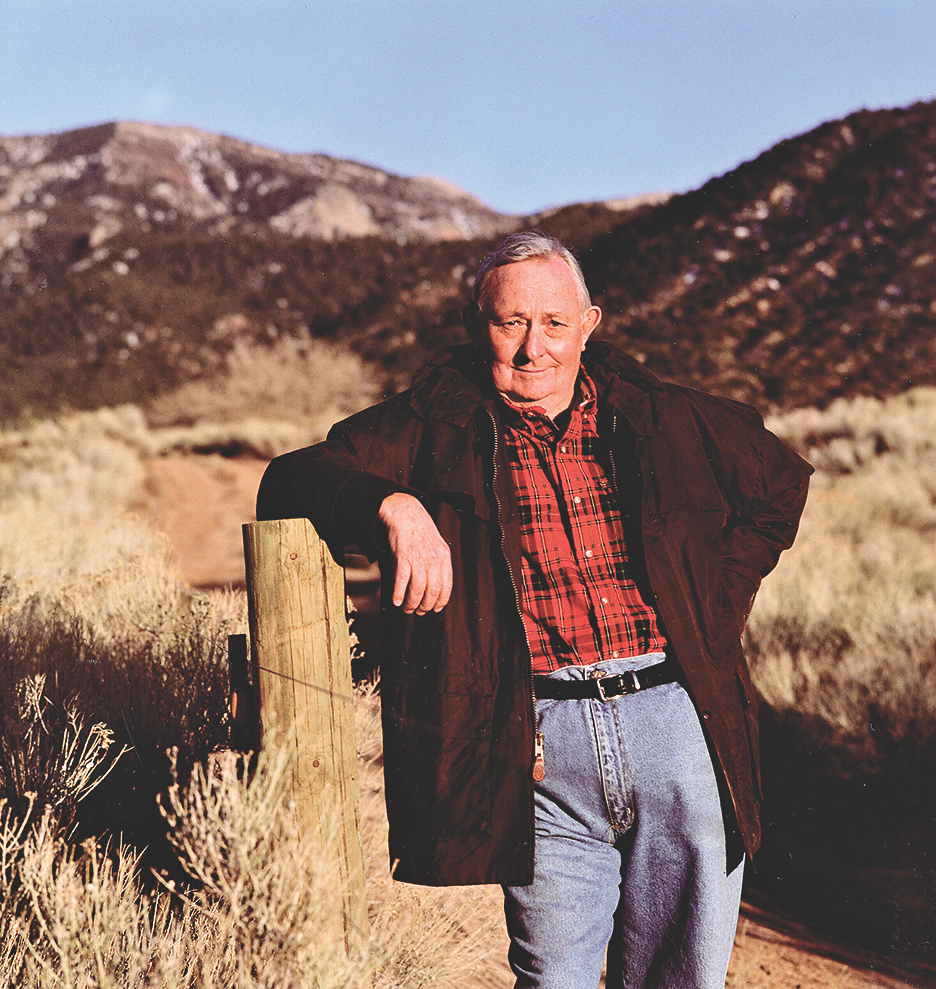
Blu-Ray REVIEW
LAW AND ORDER
1932 Universal Kino Lorber
Blu-Ray – $29.95
Maybe it’s because this first talkie telling of the O.K. Corral was made when Wyatt Earp was barely cold that it’s a gangster film as much as a Western. Starring Walter Huston as Wyatt, Harry Carey as Holliday—with changed names—adapted by John Huston from W.R. “Little Caesar” Burnett’s novel, it’s not just tough in the action, it’s hard in the seriousness of the men, and their killing, and darkly humorous. It’s full of fresh, authentic moments, like sharing the water-basin and checking for bedbugs. Forget the stiffness of most early talkies for this second film of editor-turned-director Edward L. Cahn. Cut by Cahn’s brother, Phil, night-for-night lensing by Jackson Rose, this film is a fluid, thrilling revelation: especially the gunfight. And it’s double-billed with Harry Carey in Without Honor.
Henry C. Parke, Western Film and TV Editor for True West, is a screenwriter, and blogs for the INSP Channel, and at HenrysWesternRoundup.blogspot.com. A book based on his True West columns, The Greatest Westerns Ever Made, was recently published by TwoDot

